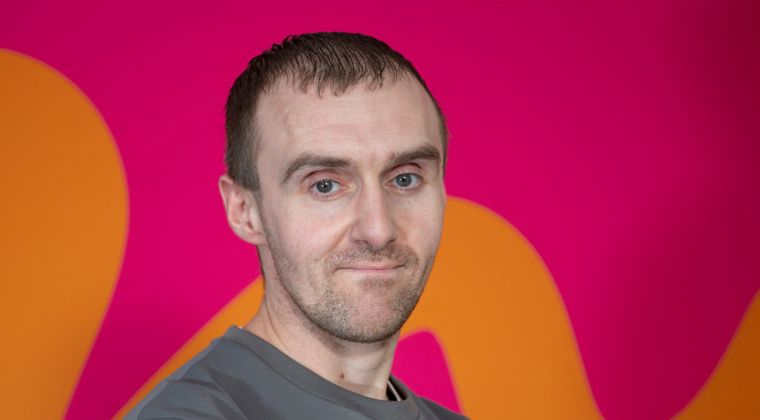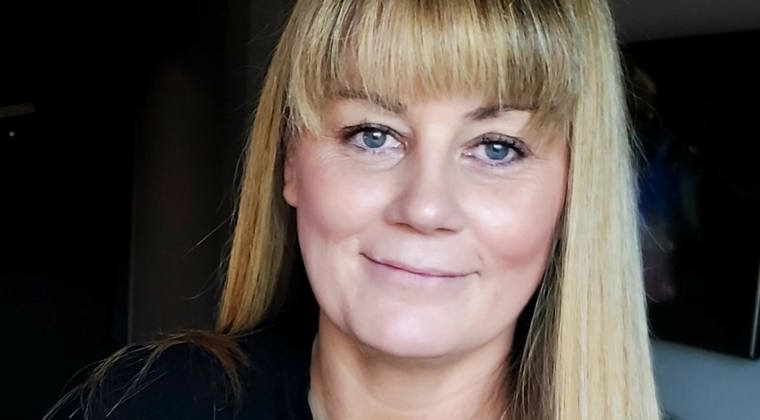
The Role of Family and Friends
Family and friends often play an important role in supporting loved ones with mental health problems but at times they are the cause of unintentional stigma and discrimination.
If you’ve noticed a loved one is acting differently, it may be a sign that they are experiencing mental health problems and need your support.
Those we have the strongest bonds with might notice that there is something wrong first but don't feel offended if your friend or family member doesn't feel comfortable sharing it with you.
Self-stigma can make it more difficult to engage and ask for support, particularly from those closest to them.
Our research found that people are most likely to experience stigma and discrimination from family and friends, so it’s important to make sure that you are as supportive as you can be.
“You don’t have to give them answers. The important thing is supporting them and letting them know that you’re going to be there for them, you’re not going to judge them – and if they want to open up, listen and validate their feelings.”
Tommy, See Me volunteer
If you find a friend or family member doesn’t want to speak to you, let them know that you will be there for them . If they don’t react well, try not to take this personally as many people react differently and may wish to confide in a professional, another friend or might not be ready to talk.
Try not to focus on the negative aspects of mental health, and instead think about the person you care about in front of you – they're still the person you know and love. Their wellbeing is the most important thing, so try to set any worries you have to one side and focus on what you can do to be supportive.
You might need to talk to someone about your own fears and concerns. That’s okay and help is available.
“As the listener, we often rush to fill a silence, to reassure, to take a conversation back to a place that we are comfortable and sometime that can be unintentionally harmful. The best thing someone can do is actually listen to what the person’s saying and think about what they’re telling you, and how they’re saying it. What words are they using, the emotion behind it. And listen before you respond. There is so much trust in that conversation. Your role is very much first and foremost to listen.”
Lisa, See Me volunteer
A few handy tips to consider when it's time to talk...
- Be there to offer non-judgemental advice and to listen.
- Avoid using cliché phrases such as 'it will pass' or 'just need to occupy your time'.
- Avoid arguments and confrontation.
- Share your own experience sensitively without making it the focus of the conversation.
- Offer to help in any way you can.
- Help out with practical things such as shopping, cleaning, looking after children, collecting medication.
- Allow family/friend space and time if they need it, don't overcrowd them.
- Don't show concern or fear through your body language.
- Encourage them to seek professional advice when they feel ready.
- Be direct and don't patronise.
- Remember that mental illness doesn't solely define a person.
- Do your own research or speak to someone you trust so you can offer more practical support and are better able to deal with the situation you face.
If urgent help is needed, where you are concerned about their wellbeing, ask if they are thinking about suicide. Asking about suicide won’t encourage someone to do it. If you feel that someone is at immediate risk call 999. There are also other sources of support you can signpost them to.
Talking about mental health
Get advice on how to open up the conversation through our It’s Okay to Talk resource.
It's Okay to TalkHow to help someone experiencing a mental health problem:
Speaking to your children about a mental health problem:
Personal stories
Our volunteers and supporters share how other people’s attitudes, and the right support, have impacted on them.
Getting help
If you’re struggling with how best to help someone close to you, our urgent help page has contact details for a range of support services.
Find out more Join our movement for change
Join our movement for change

Anyone can help tackle stigma and discrimination. You can do as little or as much as you're able to and every action makes a difference.
Find out more Join See Us
Join See Us

Anyone can help tackle stigma and discrimination. You can do as little or as much as you're able to and every action makes a difference.
Find Out More


